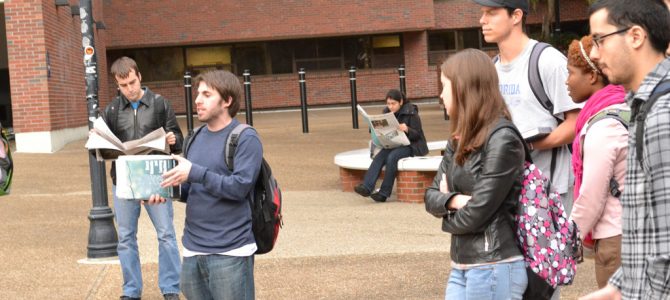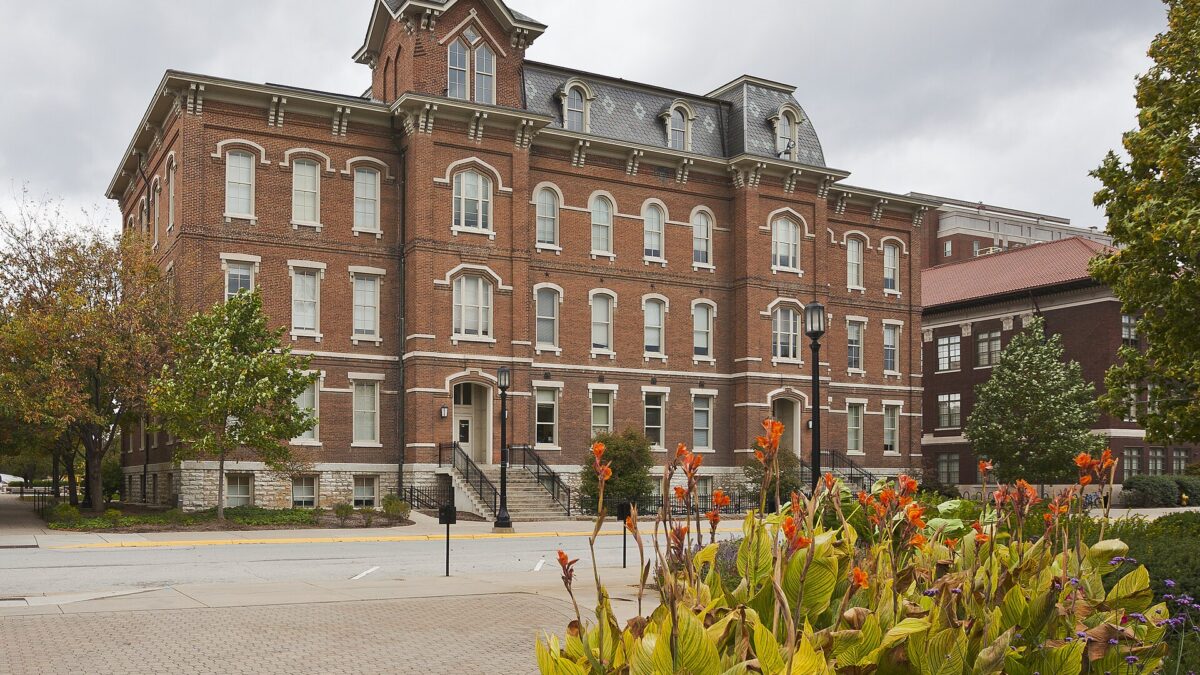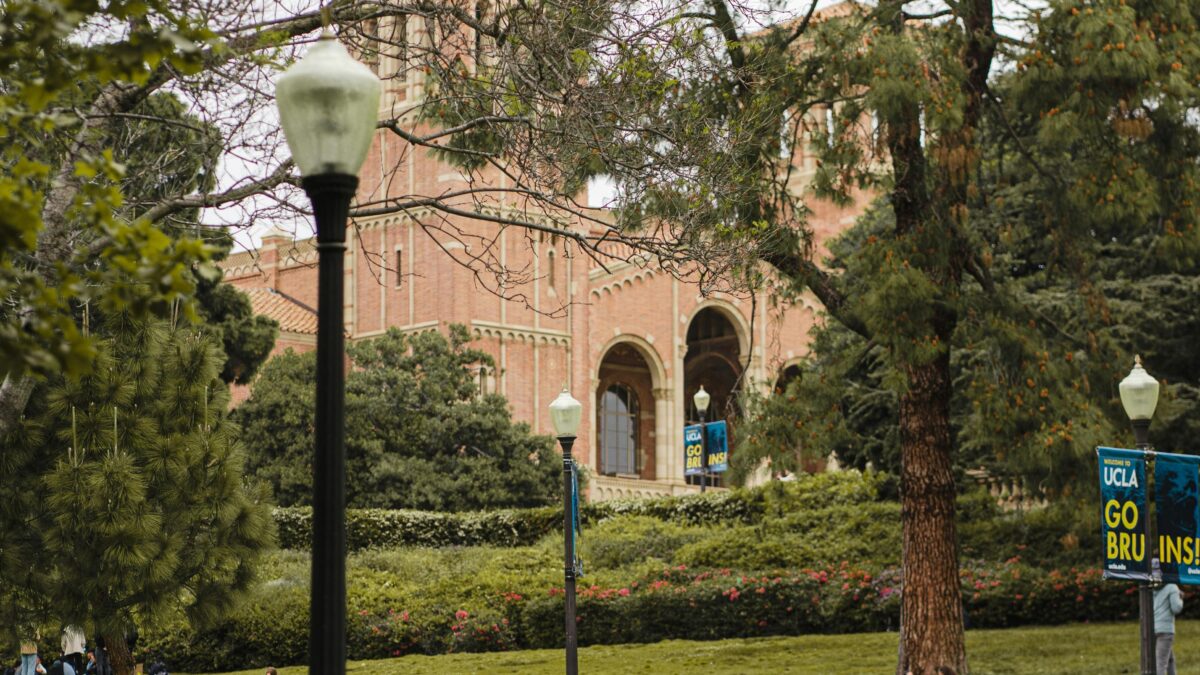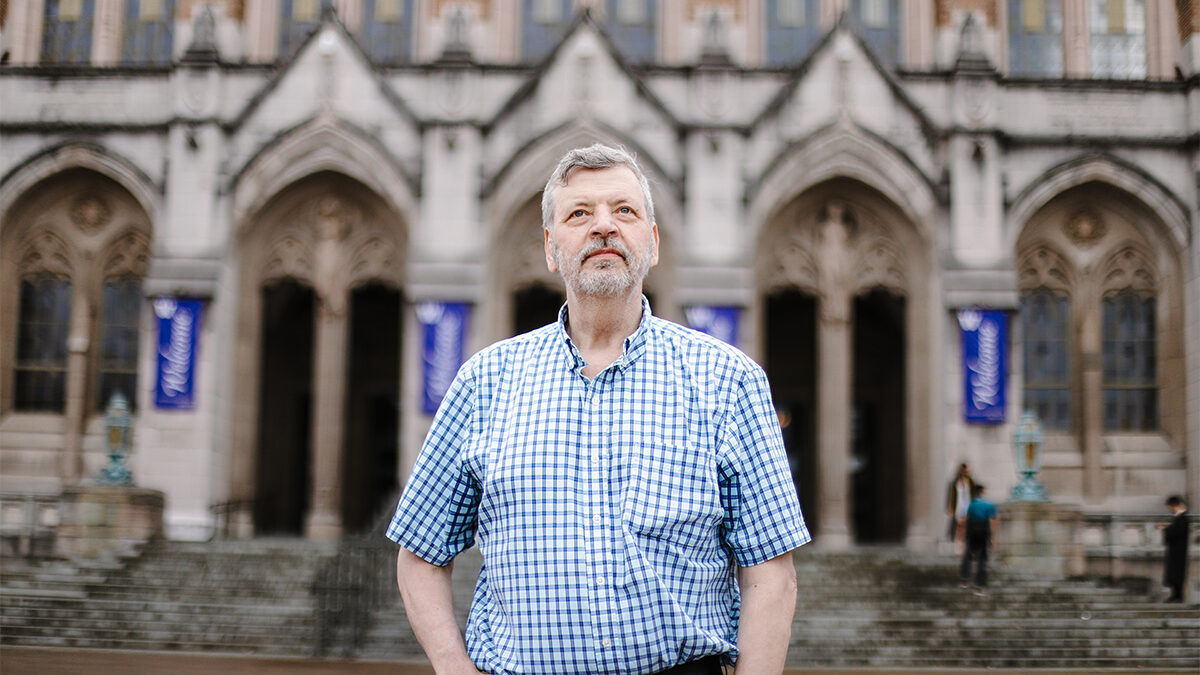On many college campuses, students are limited to small “free speech zones” to exercise their First Amendment rights. Failure to remain within one of these zones can result in disciplinary action and even arrest.
On Wednesday, several members of Congress made a bipartisan effort to stop this practice, introducing a resolution that would end free speech zones and reaffirm the First Amendment on campuses. Rep. Phil Roe (R-Tenn.) introduced the resolution along with six cosponsors: Reps. Rick W. Allen (R-Ga.); Todd Rokita (R-Ind.); Glenn Grothman (R-Wisc.); Jason Lewis (R-Minn.); Bradley Byrne (R-Ala.); and Jamie Raskin (D-Md.).
“With our current political climate, it’s more crucial than ever that colleges and universities protect all First Amendment rights,” Roe said in a press release. “It is my hope through passing this resolution we will send a strong message to college campuses across the country that restrictions on freedom of speech, thought and expression are inherently at odds with the rights guaranteed by our Constitution.”
The resolution is based on research from the Foundation for Individual Rights in Education, which has sued schools over free speech zones. Most recently, the organization joined Los Angeles Pierce College Student Kevin Shaw in suing his school, which told him he could only pass out Spanish-language versions of the U.S. Constitution while standing in a tiny area on campus. FIRE estimated the size of Pierce’s free speech zone to be roughly equivalent to that of an iPhone on a tennis court.
In another recent example, the Young Americans for Liberty chapter at Kellogg Community College is suing its school for arresting a student for passing out copies of the Constitution. Because they were outside of the free speech zones, in which they had limitations that liberal students were not required to follow, they were arrested for trespassing.
“Free speech zones and restrictive speech codes are inherently at odds with the freedom of speech guaranteed by the First Amendment of the Constitution,” Roe’s resolution states.
FIRE says legislation to end free speech zones has passed in Arizona, Colorado, Kentucky, Missouri, Utah, and Virginia, while similar legislation is pending in Louisiana, Michigan, New York, North Carolina, Tennessee, Texas, and Utah.
“Too many colleges and universities are restricting expressive activities on campus with misleadingly labeled ‘free speech’ zones,” FIRE’s Legislative and Policy Director Joe Cohn said in a statement. “FIRE is thrilled that Representative Roe sees these policies for what they are—unjustified quarantine zones. Hopefully, this resolution draws the broad bipartisan support it deserves.”
It is still unclear what actions President Trump’s Education Department will take to provide civil rights to college students, including free speech, but perhaps Congress will act on its own.









